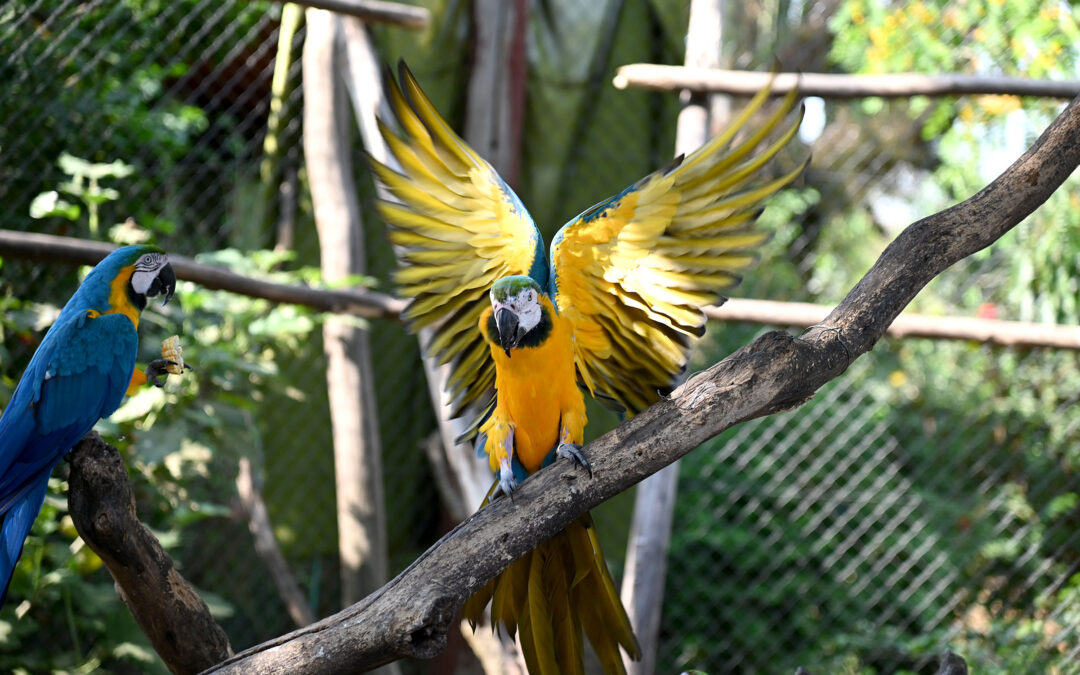In 2007, CONAMA-Conselho Nacional do Meio Ambiente (Environment National Board), passed a resolution establishing the criteria to authorize some wild species to be considered locally as pets – the so-called “Pet List”.
In the last few months, this subject was once again on the agenda, since the Federal Government, together with ABEMA (Brazilian Association of Environmental Entities), is articulating the launch of the Brazilian Pet List, aiming at the selection of the Brazilian native wild species that can be commercialized in stores and websites, throughout Brazil. The topic has had great repercussion because CONAMA, without the representativeness of civil society and conservationist organizations, approved a pre-“Pet List” with animals threatened with extinction, such as ocelots, tapirs, jaguarondis, anteaters, in addition to birds and reptiles.
The pre-list contains several species, many of which threatened with extinction. However, the worst problem is not this…. One of the absurdities is the inclusion in the list of the boa constrictor Corallus cropanii, one of the rarest serpents in the world – as stressed by the biologist and zoologist Mauricio da Cruz Forlani, a consultant on animal trafficking, in an article in “Folha de São Paulo”.
Several organizations promptly mobilized. Gustavo Canale, president of SBP (the Brazilian Society of Primatology), a researcher at the Federal University of Mato Grosso, stated that not one single Brazilian native primate should be included in that list, and launched the campaign #EuNaoSouPet (I’m not a pet). This campaign fights people’s interest in acquiring monkeys as pets. Canale states that this concern goes beyond the preservation of animals. These animals interaction with groups of their same species is essential for their development. If deprived of it, these animals develop mental illnesses and become even more aggressive. Moreover, this brings about abandonment. The researcher also points to the risk of humans contracting infectious diseases that are transmitted by animals.
Organization Ampara Silvestre also follows this discussion closely, and states that they will fight not to let wild animals be transformed in mere goods. Nature is the habitat where wildlife should live. The organization also supports the #SilvestreNãoÉPet campaign (Wildlife is not a pet).
The fact that wildlife is being marketed as pets is already threatening millions of species in the planet. “Institute Raquel Machado believes that treating animals as “goods” is an attitude that indicates the human being’s disconnection from other species. After a short time after their acquisition, many of these animals are abandoned in inadequate surroundings, such as public squares, streets or other. It is important to bear in mind that according to the World Animal Protection, legalized trading stimulates traffick. According to a survey made by this organization, in São Paulo 60% of the most trafficked species are the same ones found in legalized breeding”.
“We join efforts with those who understand that marketing wild life as pets is an outrage to ethics, to the environment, to the Constitution, to the Law on Environmental Crimes, and above all, a sanitary temerity of unpredictable consequences”.

